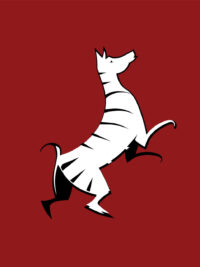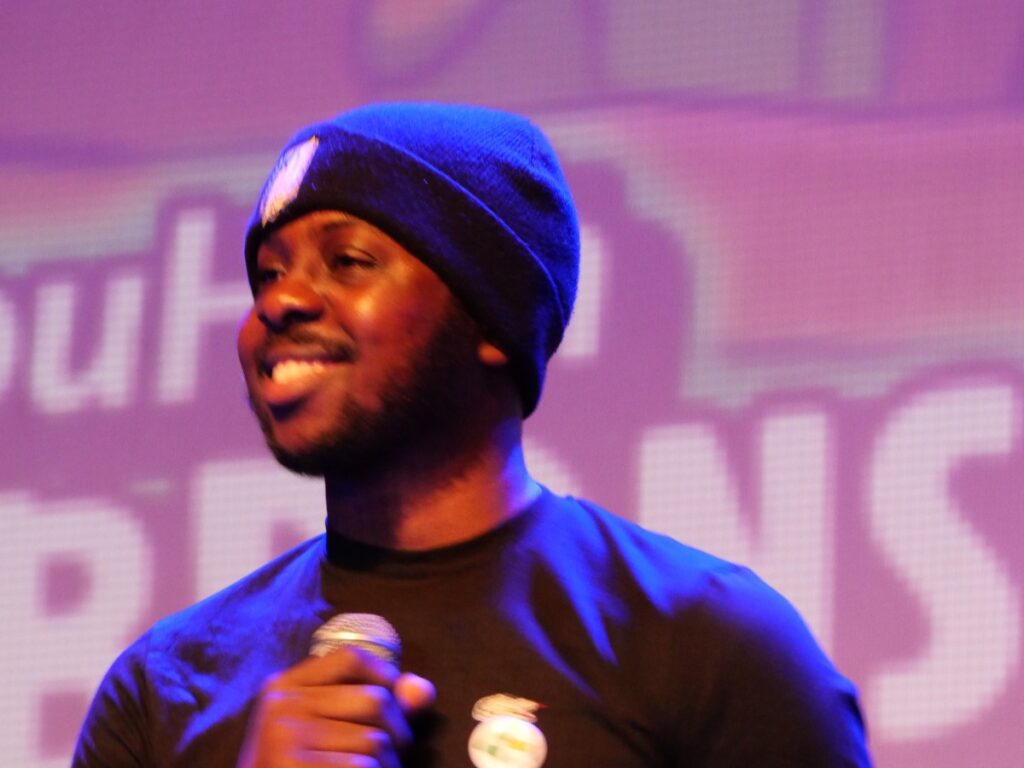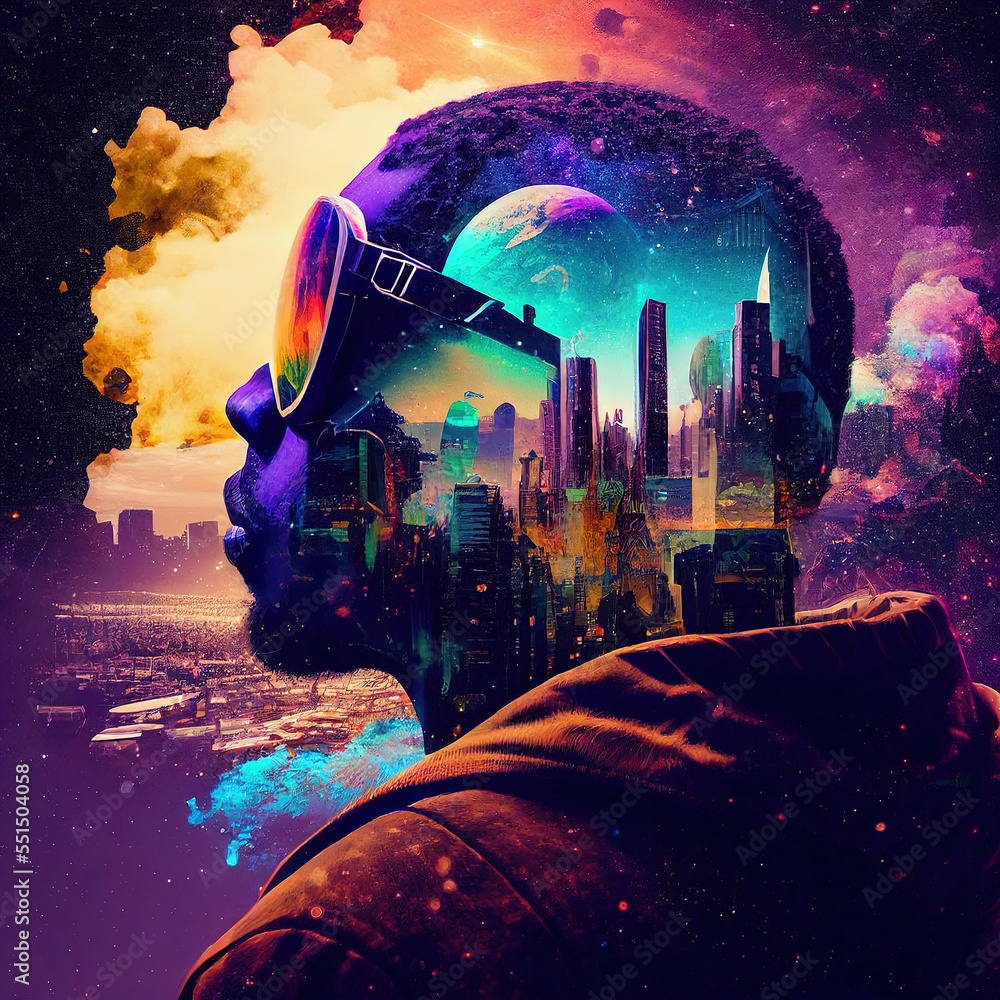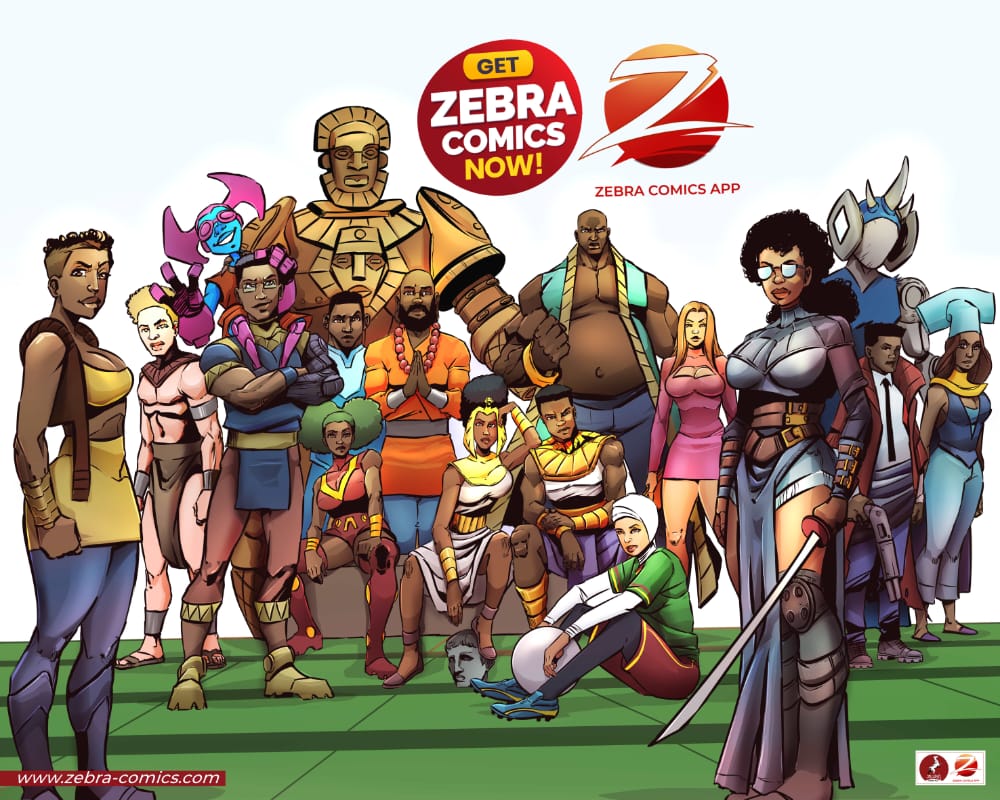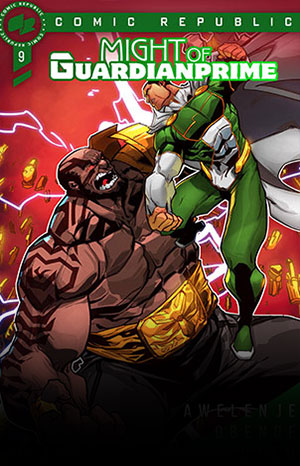In the ever-evolving world of digital comics, where creativity meets technology, the role of a translator is both unique and crucial. Translating comics isn’t just about converting words from one language to another—it’s about preserving the essence of a story, the emotion behind the dialogue, and the cultural nuances that make each comic special. Today, we delve into this fascinating world through the experiences of Njoka Suyru, a professional translator and passionate comics creator at Zebra Comics. Njoka shares his journey from a young dreamer with a love for storytelling to becoming a vital force in bringing African narratives to a global audience. His story is one of passion, perseverance, and the challenges of bridging languages in the digital age. We had a chat with him and this is what he had to say.
1. Hello and thank you for accepting to talk to the Zebra Comics blog about your experiences as a translator and comics creator at Zebra Comics PLC. So, for starters, tell us, Who is Njoka Suyru?
Njoka Suyru is a full time geek, lover of comics, cartoons, films, video games. Okay, on a serious note, Njoka Suyru is a professional freelance translator, comic book/webtoon writer, and Public Relations Officer at Zebra Comics. As far as translation is concerned, I am a holder of a B.A. and M.A. in Translation.
2. How did you find yourself in the world of comics?
The short version: I got an invitation from my longtime friend and schoolmate Ejob Nathanael to join the comic book venture or initiative.
The long version, I have always had a passion for storytelling, in every medium: novels, comics, films, cartoons and videogames. I had always wanted to work in the entertainment industry. I used to draw too. But given the complicated nature of my setting, I did not pursue a career in that. Eureka moment was the discovery of Harry Potter. It unleashed the creative in me, as I found myself creating fictional worlds or concepts. Ejob Nathanael, my schoolmate who used to draw a lot like me, and who had the same aspirations, then invited me, and a host of other people to join him in creating a comic book company. We came together as a group of adventurers to see if we could transform our passion and hobbies into a business.
3. We understand that you also double as a comics creator and writer. How did you develop these skills? Did you get training for them?
I received a professional training as a translator. Like I said in the intro, I am a holder of a B.A in Trilingual Studies (English-French-Spanish) Applied to Translation, and an M.A. in Translation. I did not receive any professional training in creating and writing comics. Everything I do, I learned on the job. I try to copy the best practices from professionals with experience in the industry. I learned to write by reading tons and tons of novels. Of course, I started by copying and pasting concepts. Afterwards, I started building my own identity, to diferentiate myself from the rest. I am not yet there though. I am still a work in progress.
4. Which of your comics creations would you say are your best?
Hard to say, as I loved and enjoyed creating all of them. But if I am to pick, I’ll say Khadija, Njoku and The Pharmacist. Because I put a lot of myself and my experiences in the characters and stories.
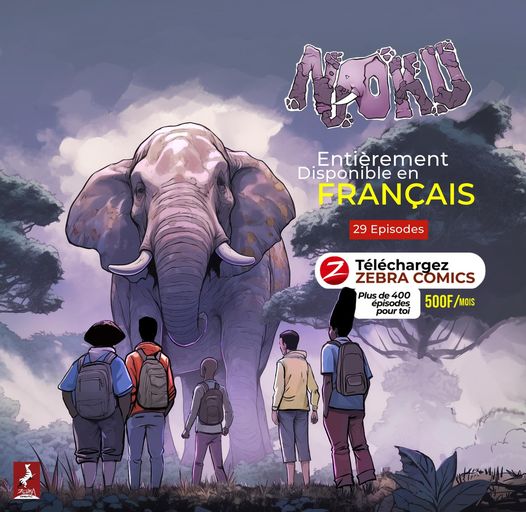
5. How did you become a translator at Zebra Comics PLC?
Zebra Comics is a melting pots of talents. Like every founding member, I brought my individual skills and know-how to the table, to grow the business. Translation allows for exportation of content. To sell to a wider audience (Cameroon for example), we then had to translate the comics from English to French. We had started translating to Spanish, German and Chinese, but due to lack of adequate resources, we had to suspend that. We will eventually get back to those in due time.
6. What does your daily routine as a translator at Zebra Comics look like?
Well, I have a timetable of release dates. So I draw up a timetable based on the release date of the comic or chapter.
7. Is there a difference between translating comics and other kinds of documents which are not literature or creative writing?
With translating comics, we are translating just the dialogues, captions and sound effects. With literature, we translate the descriptions too. Nevertheless, the most important thing is creativity, given that we are translating creative works. And it is even trickier as we have to take into consideration the cultures and sensitivities of the markets targeted.
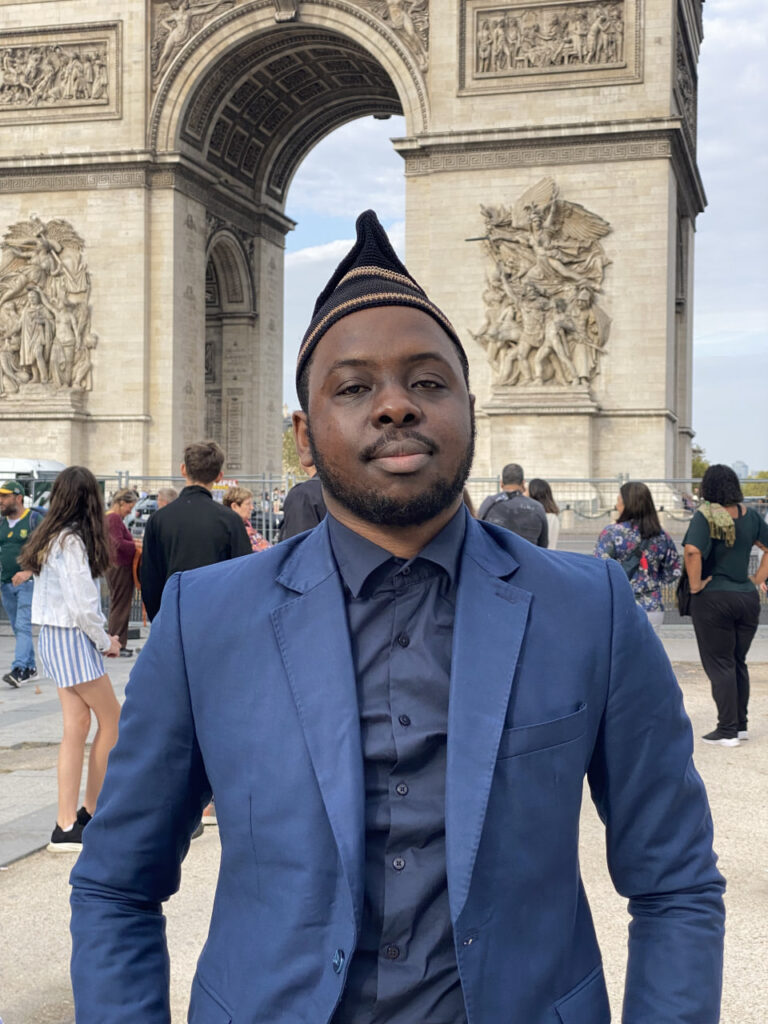
8. What are some of the difficulties you face on a daily basis as a translator at Zebra Comics PLC?
I won’t call them difficulties. I can translate. I am trained to do that. I would call them challenges. And the main challenge is the volume of content, being handled by two translators. Eventually, when we get more resources, especially financial, then human, the challenge would be overcome.
9. Today, AI poses as a serious competitor to human translation, especially as many digital comics companies are using AI for translators. Do you think human translators will survive this trend?
Human translators who stay up to date will survive the trend. I’ve been told machines will replace translators. Actually, translators who use AI will replace translators who do not. Given the volume of content produced, and the speed with which the content is produced, human translators working with their skills alone will not be able to meet up with the high demand. The market commands us. With AI, or Machine Translation as it is called, we are way more productive.
10. Why should any aspiring translator acquire skills in translating comics? What advice do you have for them?
Anyone who aspires to translate, whatever the field of specialisation, should consume a lot of content in that field. If you want to specialise in cartography, read a lot of cartography literature. Be an expert in cartography. If you want to translate comics, read a lof of literature. When it comes to translation, I’ll like to add that the burden of knowledge falls on the translators of literature. Someone who specialises in cartography or medical translation can focus only on their field and they’re fine. Someone who translates literature must be a Jack of all fields, or versatile, as writers tend to add elements from most or all other fields of specialisation in their works.
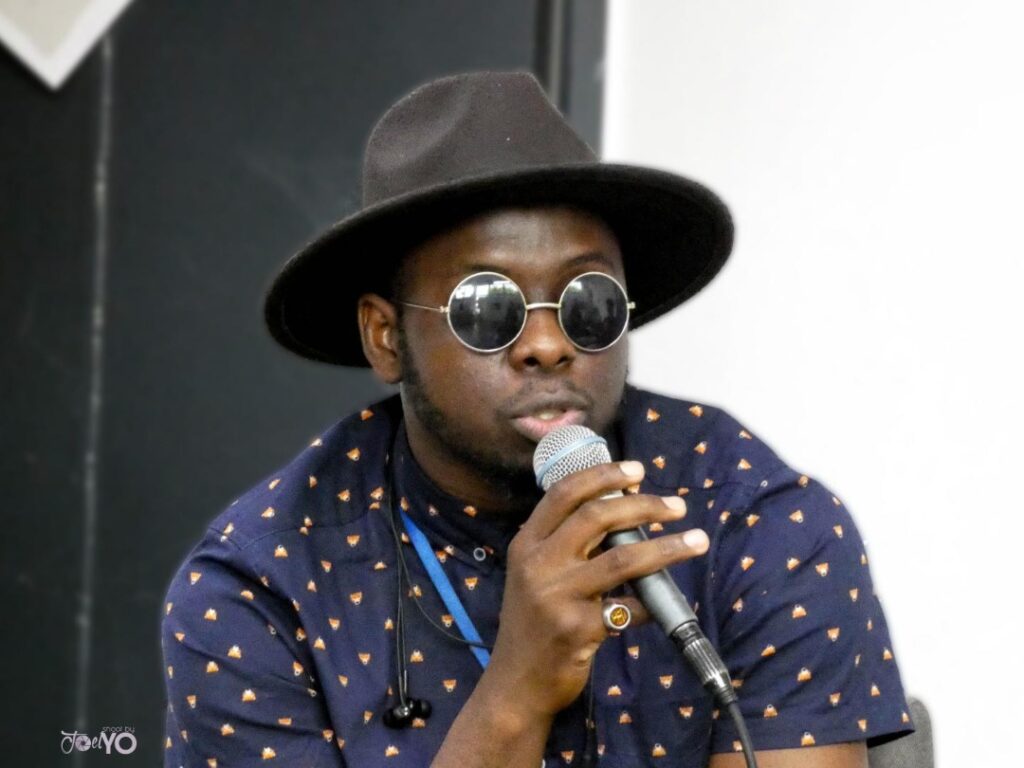
Njoka Suyru’s journey in the world of comics translation is a testament to the power of passion and adaptability in a rapidly changing industry. As he continues to navigate the challenges of translating creative works in multiple languages, Njoka remains committed to his craft, ensuring that the stories from Zebra Comics resonate with audiences across the globe. His insights remind us that while technology, like AI, is transforming the landscape of translation, it is the human touch—infused with creativity and cultural understanding—that truly brings a story to life. For aspiring translators, Njoka’s experience offers invaluable lessons on the importance of continuous learning and the art of storytelling in every language. You can follow Njoka Marvin on Facebook, Instagram, Twitter and LinkedIn.
